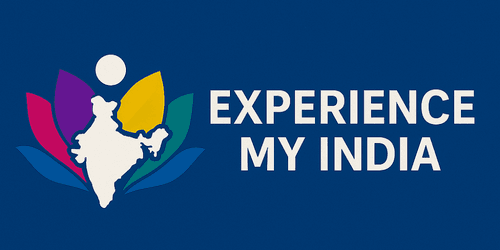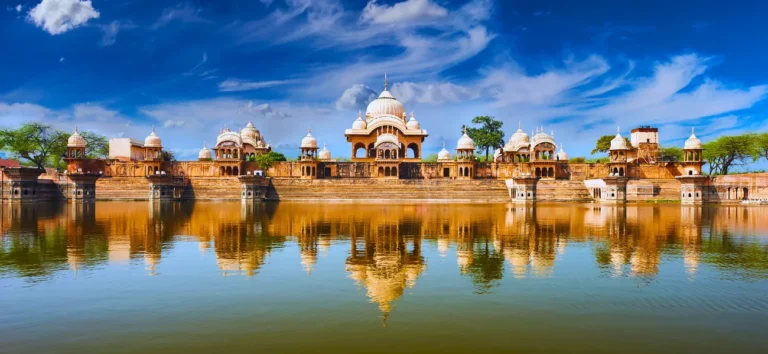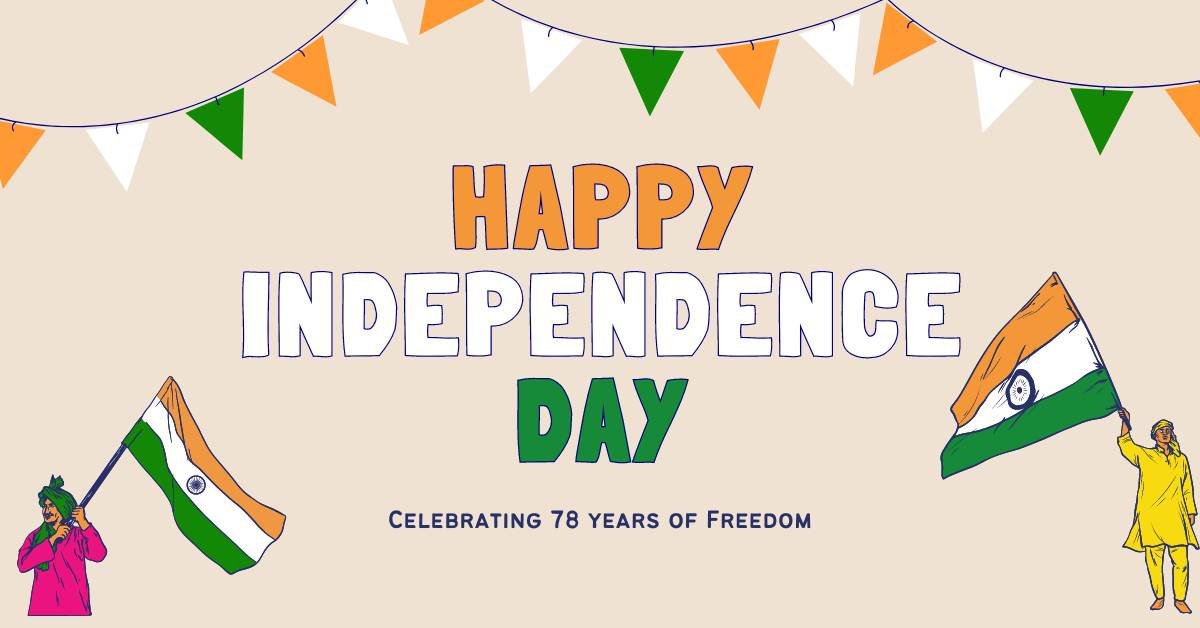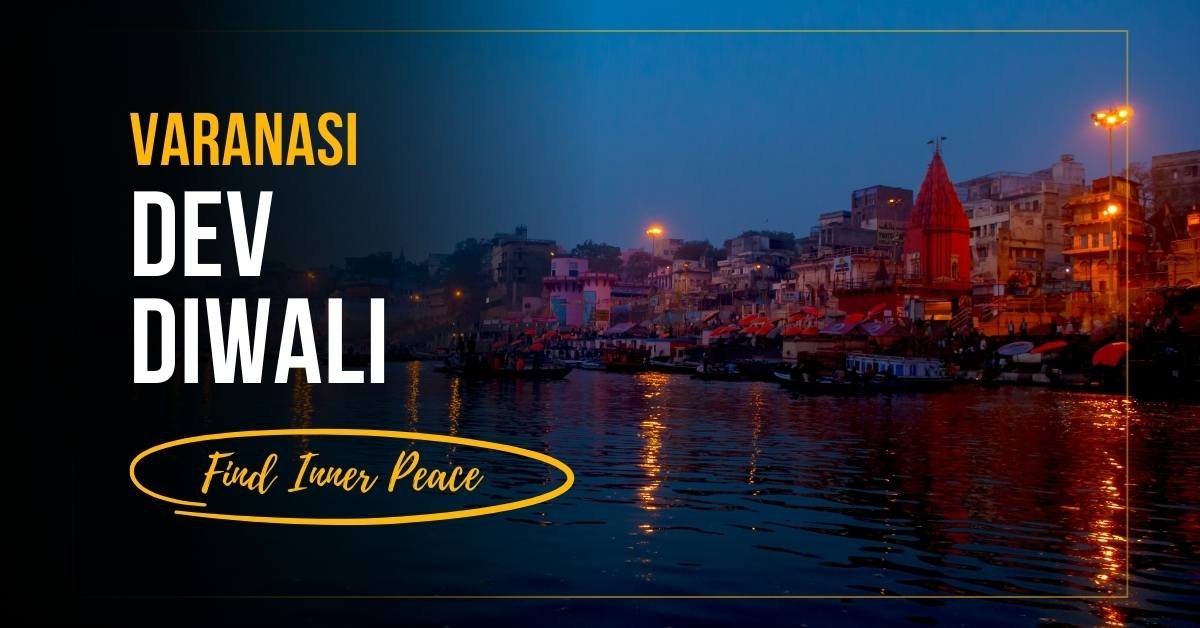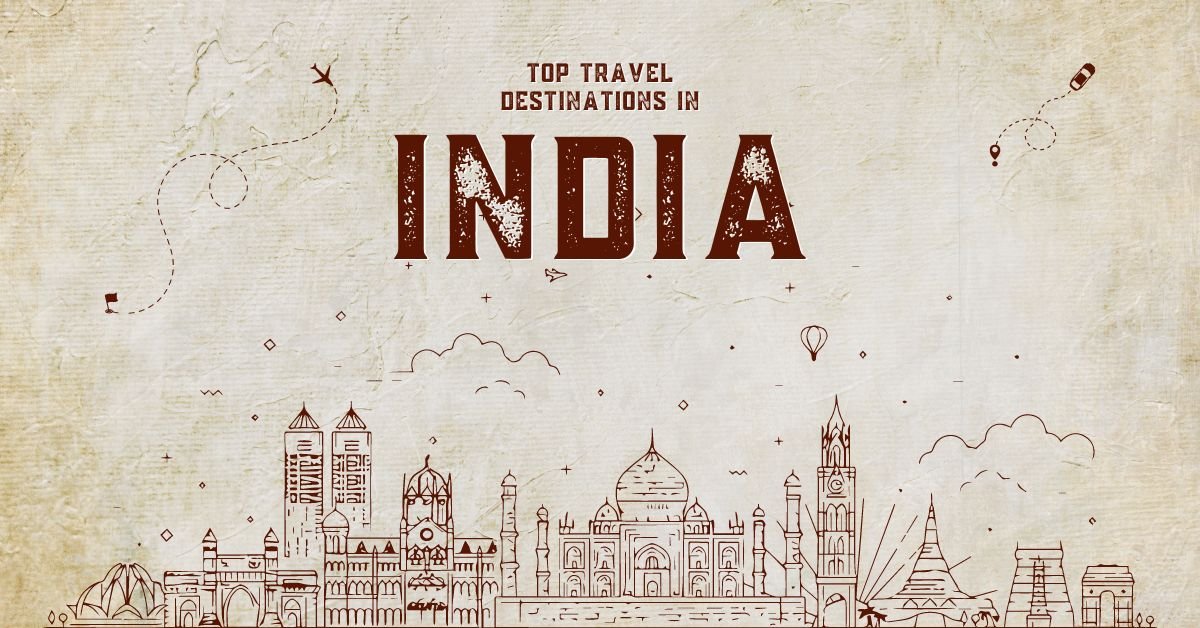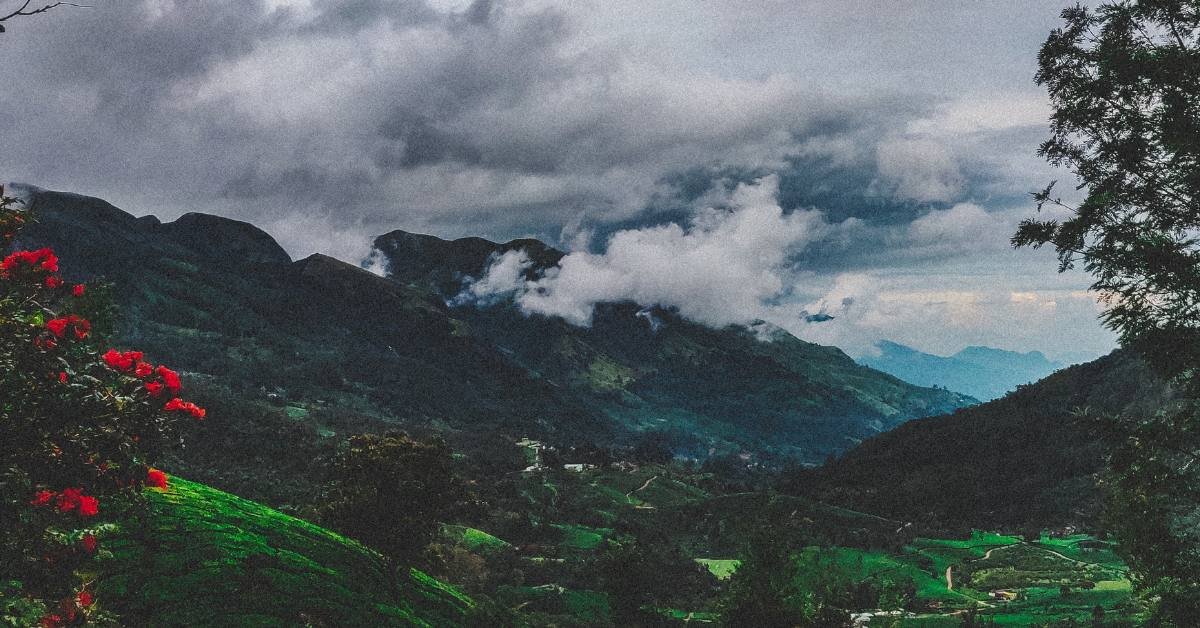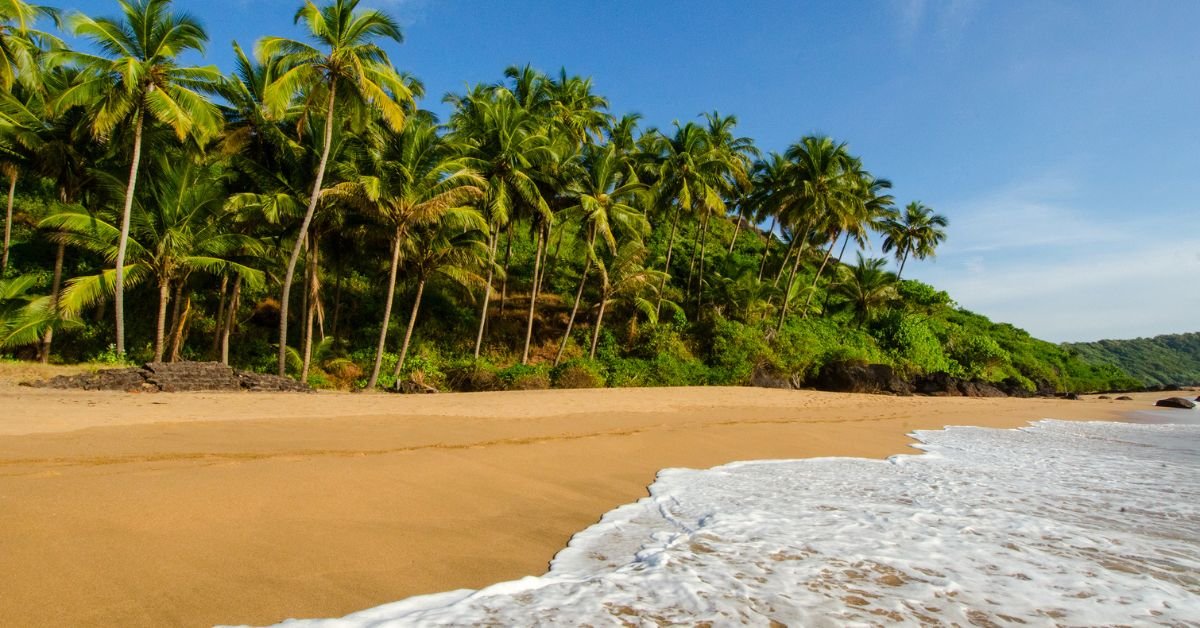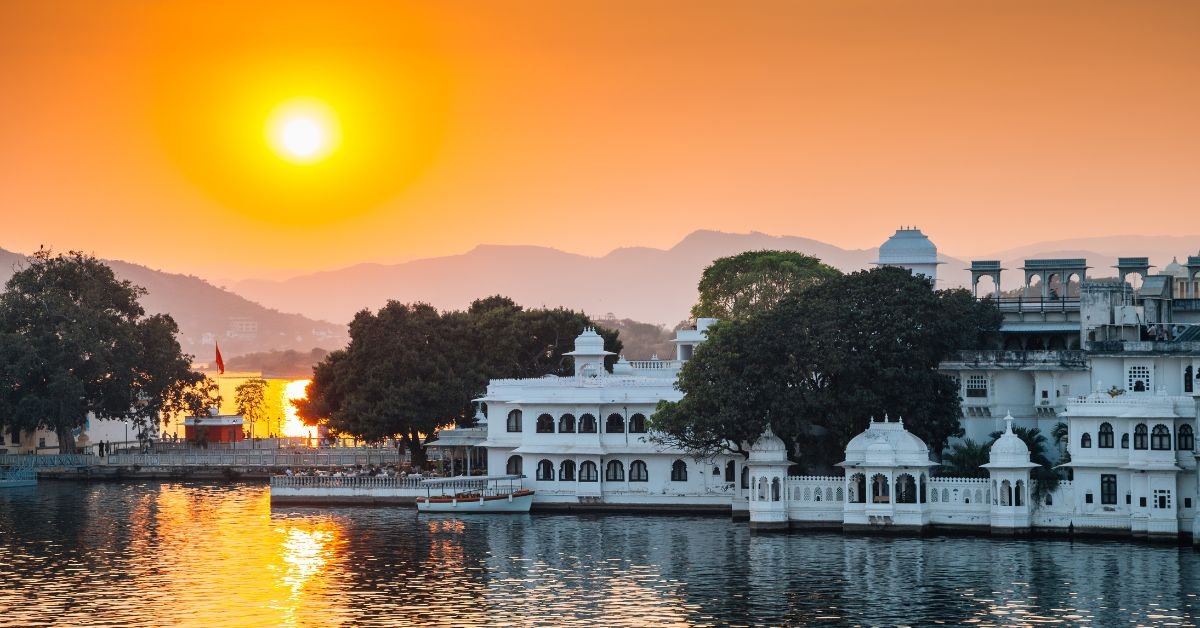India’s rapidly growing economy and digital payment infrastructure have made transactions easier than ever for foreign visitors. However, navigating the payment landscape still requires careful planning to Pay as a Foreigner in India. This comprehensive guide from Experience My India covers everything international travelers need to know about making payments in India, ensuring a smooth financial experience during your trip.
Table of Contents
ToggleUnderstanding India’s Currency System
The foundation of any payment system is its currency. Here’s what foreign travelers must know about Indian money:
- Official Currency: Indian Rupee (INR), denoted by the symbol ₹
- Current Denominations:
- Coins: ₹1, ₹2, ₹5, ₹10, ₹20
- Notes: ₹10, ₹20, ₹50, ₹100, ₹200, ₹500
- Exchange Rate Mechanism: Floating exchange rate determined by market forces
- Currency Restrictions:
- Importing INR: Maximum ₹25,000 allowed
- Exporting INR: Strictly prohibited
- Old Notes: ₹500 and ₹1000 notes issued before 2016 are no longer legal tender
Pro Tip: Always check current exchange rates before traveling. The Reserve Bank of India website provides official rates.
Foreign Exchange Options for Travelers
Converting your home currency to INR requires understanding the best options:
Where to Exchange Money
- Authorized Money Changers
- Located at international airports
- Offer competitive rates compared to hotels
- Require passport copy for transactions
- Banks
- Provide the most reliable exchange rates
- May require additional documentation
- Processing time can be longer
- ATMs
- Available 24/7 across major cities
- Charge international transaction fees (typically ₹200-500 per withdrawal)
- Daily withdrawal limits apply (usually ₹10,000-50,000)
Important: Always retain exchange receipts – you’ll need them to convert leftover rupees when departing.
Using Credit and Debit Cards in India
Plastic money is widely accepted but comes with specific considerations:
Card Acceptance Landscape
- Visa and Mastercard: Nearly universal acceptance
- American Express: Limited to upscale establishments
- Discover/Diners Club: Very limited acceptance
Key Considerations
- Foreign Transaction Fees: Typically 1-3% of each transaction
- Dynamic Currency Conversion: Always choose to pay in INR to avoid poor exchange rates
- Card Security:
- India uses chip-and-PIN technology
- Contactless payments are growing in urban areas
Safety Tip: Notify your bank about your travel plans to prevent card blocks due to suspicious foreign transactions.

Digital Payment Revolution: UPI and Mobile Wallets
India’s digital payment ecosystem is among the world’s most advanced:
Unified Payments Interface (UPI)
- What It Is: Instant real-time payment system
- For Foreigners:
- Currently requires Indian bank account
- Some banks offer UPI for travelers with certain visa types
- Pilot programs exist for foreign SIM-based UPI access
Popular Payment Apps
- Google Pay
- PhonePe
- Paytm
Alternative Solution: Many hotels and tour operators can facilitate UPI payments on behalf of foreign guests.
Prepaid Travel Cards: A Secure Alternative
Forex cards combine the convenience of cards with the security of fixed exchange rates:
Benefits of Forex Cards
- Lock in exchange rates when loading funds
- Accepted anywhere debit cards are taken
- Can be blocked immediately if lost/stolen
- Often offer better rates than credit cards
Where to Get Them
- Major international banks
- Specialized forex providers
- Online before your trip
Cash Management Strategies
Despite digital growth, cash remains essential in many situations:
When Cash is Necessary
- Rural areas and small towns
- Local transportation (autos, cycle rickshaws)
- Street vendors and small shops
- Religious offerings and donations
Smart Cash Practices
- Break large notes at hotels or reputable shops
- Keep small denominations (₹10-100) handy
- Use hotel safes for excess cash
- Distribute money in multiple secure locations
Banking Services for Foreign Visitors
For longer stays, consider opening a local account:
Types of Accounts Available
- Non-Resident Ordinary (NRO) Accounts
- Foreign Currency Non-Resident (FCNR) Accounts
Requirements
- Valid passport and visa
- Proof of Indian address
- Recent photographs
- Initial deposit (varies by bank)
Tipping and Service Charges
Understanding gratuity customs ensures appropriate interactions:
Common Tipping Practices
- Restaurants: 5-10% (unless service charge included)
- Hotel staff: ₹50-200 per service
- Tour guides: ₹200-500 per day
- Drivers: ₹100-300 per day
Important Notes
- Tipping is discretionary but appreciated
- Many upscale establishments include service charges
- Always tip in cash, even for card payments
Avoiding Payment Scams and Fraud
Stay vigilant against common financial traps:
Frequent Scams Targeting Tourists
- Currency Exchange Tricks
- Shortchanging
- Mixing in old/damaged notes
- Offering poor rates
- Card-Related Fraud
- Skimming devices
- Fake payment terminals
- Overcharging
- Digital Payment Scams
- Fake UPI payment confirmations
- QR code manipulation
Protective Measures
- Count money carefully during exchanges
- Use ATMs inside bank branches
- Never share OTPs or PINs
- Verify payment confirmations independently
Special Considerations for Different Traveler Types
Payment needs vary by travel style:
Business Travelers
- Corporate credit cards often best
- GST invoices crucial for expense claims
- Track input tax credit eligibility
Backpackers/Budget Travelers
- Cash remains essential
- Hostels often accept international cards
- Western Union useful for money transfers
Luxury Travelers
- High-end establishments accept all major cards
- Concierge services can handle payments
- Private banking services available
Frequently Asked Questions
- What’s the best way to get rupees as a foreigner?
- Use ATMs for small amounts
- Exchange at banks for better rates
- Carry some USD/EUR as backup
- Are there restrictions on how much cash I can bring?
- No limit on foreign currency declaration
- Maximum ₹25,000 in Indian rupees allowed
- Can I use Apple Pay in India?
- Very limited acceptance
- Google Pay (with Indian account) more reliable
- What should I do if my card gets blocked?
- Contact your bank’s international helpline
- Keep backup payment methods
- Hotels can often assist in emergencies
- How do I pay for train tickets?
- IRCTC accepts international cards
- Authorized agents can book for you
- Some tourist quota tickets available
- Is haggling expected when paying cash?
- Common in markets and with street vendors
- Fixed prices in malls and branded stores
- Polite negotiation is appropriate
- Can I get a refund for unused rupees?
- Yes, up to 25% of total exchanged
- Need original exchange receipts
- Airport counters provide this service
- What’s the best payment method for small purchases?
- Cash for amounts under ₹500
- UPI if you have access
- Cards for mid-range purchases
- How do I pay for metro transportation?
- Buy tokens with cash
- Some cities offer tourist smart cards
- Delhi Metro accepts international cards
- Are there any taxes foreign tourists should know about?
- GST applies to most goods/services
- Some high-end hotels charge additional taxes
- Foreigners can claim GST refunds in certain cases
Final Recommendations
- Payment Mix: Carry multiple payment methods – cards, cash, and digital options
- Currency Strategy: Exchange in batches to benefit from rate fluctuations
- Security: Use RFID-blocking wallets and money belts
- Documentation: Keep all financial records until after your trip
- Local Knowledge: Consult your hotel concierge for area-specific advice
India’s payment landscape offers both modern convenience and traditional cash-based transactions. By understanding these systems and preparing accordingly, foreign visitors can enjoy seamless financial experiences throughout their journey.
Contact Experience My India Today:
📞Call Us: +91 7037550028
📲WhatsApp Us: +91 7037550028
🌐Visit Our Website: Experience My India
Experience My India specializes in helping international travelers navigate India’s complexities. Contact us for personalized payment advice and travel planning services tailored to your needs.
